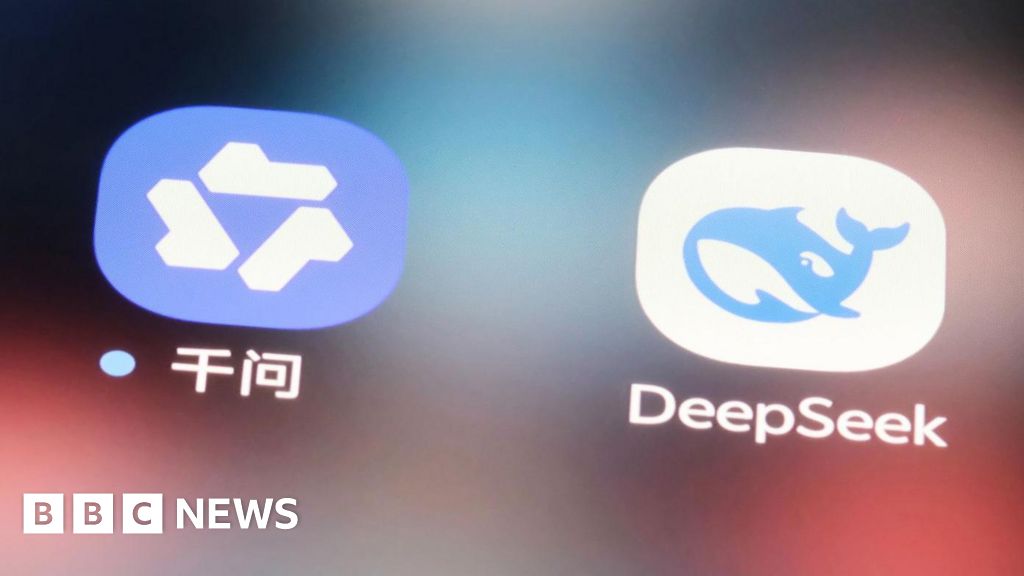fromScalac - Software Development Company - Akka, Kafka, Spark, ZIO
1 month agoLast month in AI - December 2025
December 2025 closed out a transformative year for artificial intelligence with a flurry of major model releases, significant policy shifts, and massive infrastructure investments. OpenAI and Google went head-to-head with their latest flagship models, the open-source community delivered a stunning array of competitive alternatives, and Apple quietly enabled a new era of local AI clustering. Meanwhile, the US government stepped in to create a national AI policy framework, and the race to build out the physical infrastructure for AI reached a fever pitch. 🚀













